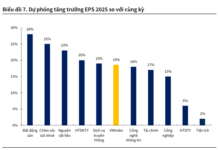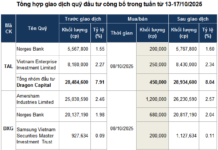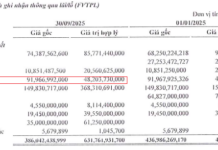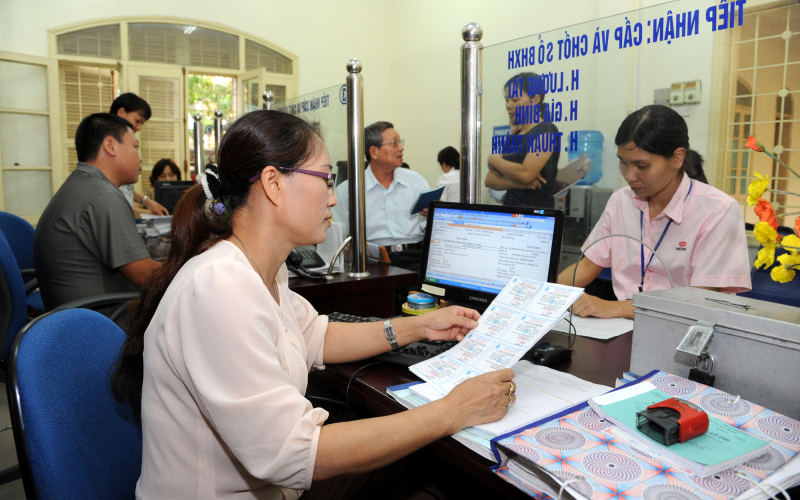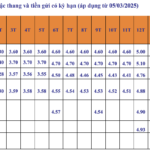The Social Insurance Law of 2024, effective from July 1st, along with Decree 158/2025, provides regulations on resolving retirement and survivor benefits for employees in cases where businesses lose their ability to pay social insurance.
This is a new development compared to the 2014 Law, aiming to enhance the protection of employees’ rights.
Employees are ensured benefits even when businesses can no longer pay social insurance.
According to the regulations, an employer is considered unable to pay social insurance when they fall under one of the following circumstances: declared bankrupt or in the process of bankruptcy, dissolution; had their business license revoked; ceased operations at their registered address; or have no legal representative or authorized person.
The time period for which employees are confirmed to have paid social insurance includes the period when businesses delayed or evaded payments before July 1st, 2024, excluding unpaid leave exceeding 14 days in a month (excluding maternity leave).
Data is based on the social insurance agency’s records, and in case of missing information, the provincial People’s Committee will direct relevant agencies to verify.
Employees or their next of kin (in case of the employee’s demise) need to submit a written request for confirmation of social insurance contribution history.
Within 15 days, the social insurance agency must respond, and if verification is required, the process should not exceed 45 days. Once the results are available, retirement and survivor benefits will be paid or adjusted accordingly. Employees already receiving a pension or survivor benefits will be entitled to back payments if there is a difference.
Additionally, the Vietnam Social Security is piloting the acceptance of unemployment insurance applications and benefit payments through the National Public Service Portal.
Six procedures are now available online, including monthly job search notifications in cases of force majeure, and the processing, suspension, continuation, termination, and transfer of unemployment benefits, providing convenience to policy participants.
“A Proposal to Support Voluntary Social Insurance Contributions for Workers Aged 45 to 60 to Ensure Retirement Benefits”
We propose an additional 20% support for voluntary social insurance participants, on top of the existing 20% central support. This means that participants who have contributed to the social insurance fund for a total of 15 years will be eligible for a pension.
The Case for Prioritizing Pension Increases Over Civil Servant Wage Hikes
In 2025, if the government has not increased salaries for officials and civil servants, it is still advisable to raise retirement pensions by at least 15% for retired workers. This would ensure that those who have dedicated their lives to serving the country can maintain a decent standard of living and keep pace with the rising cost of living.
Can Civil Servants Retire Early with Full Pension Benefits After 15 Years of Social Insurance Contributions?
Retirees will not only avoid a reduction in their pension rate, but they will also receive a generous allowance of three months’ average salary for each year they retire early. This means that those who choose to retire before the standard retirement age will not only maintain their financial stability but also receive a significant financial boost.
















